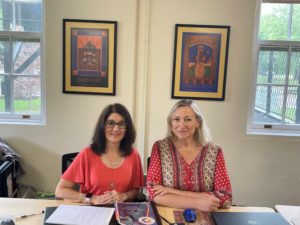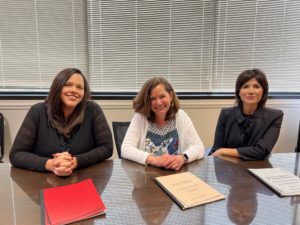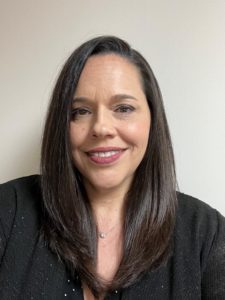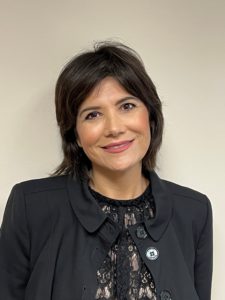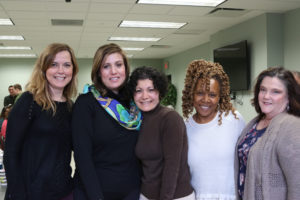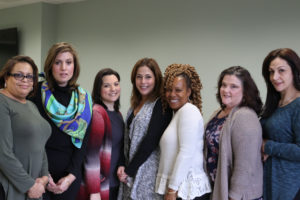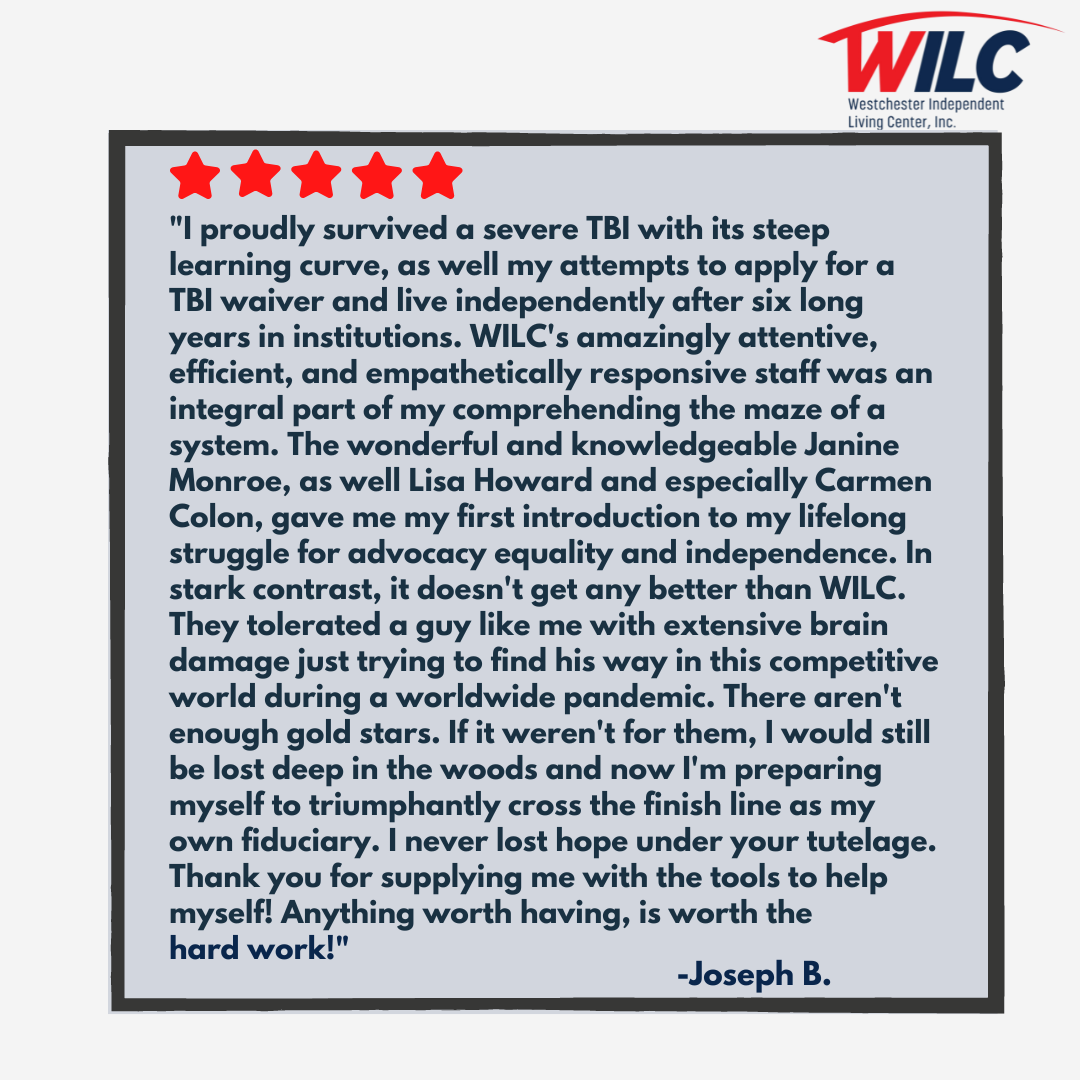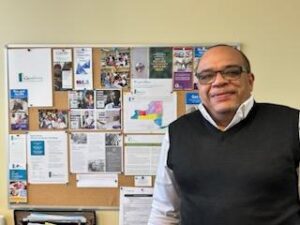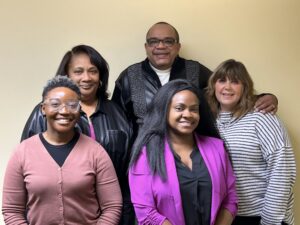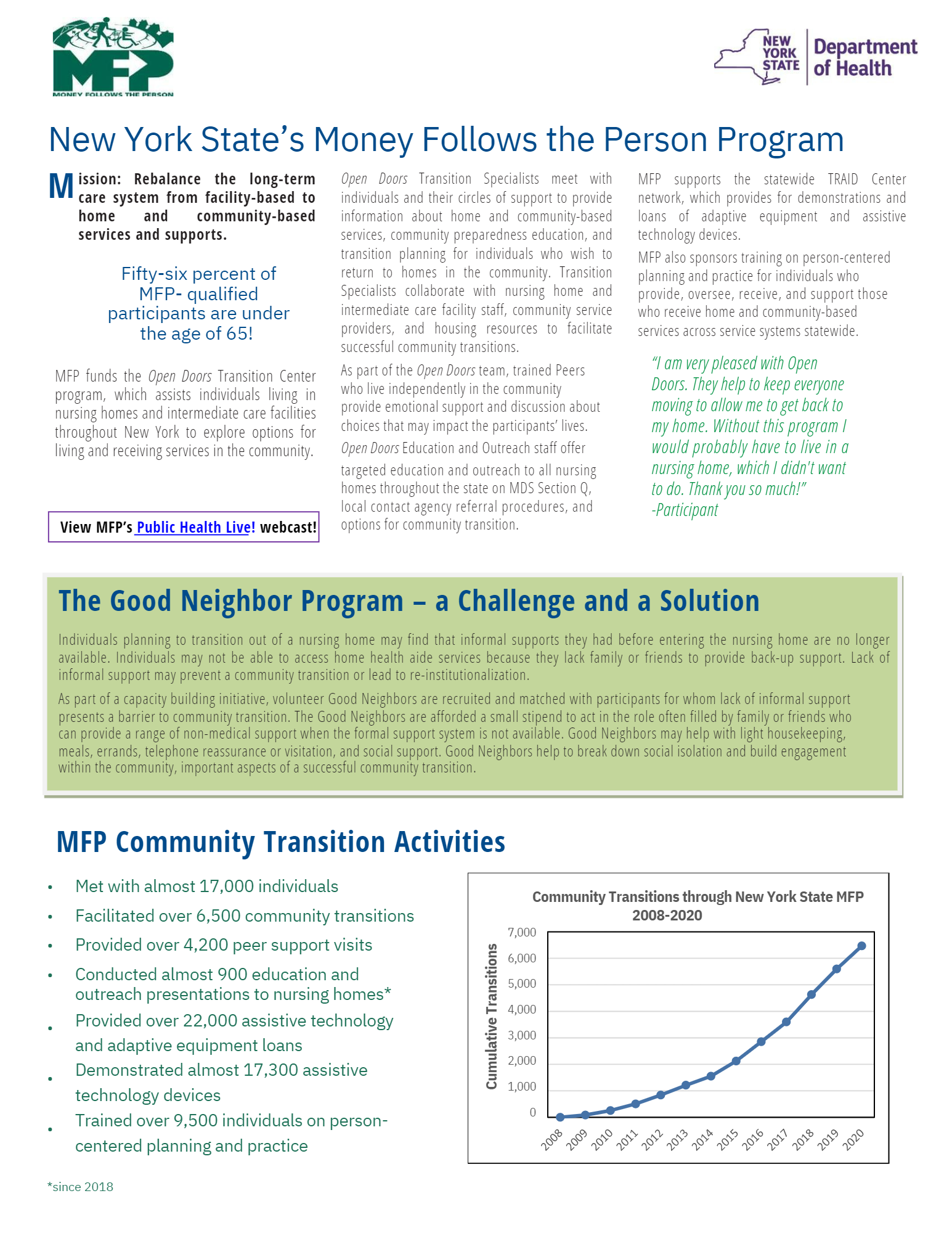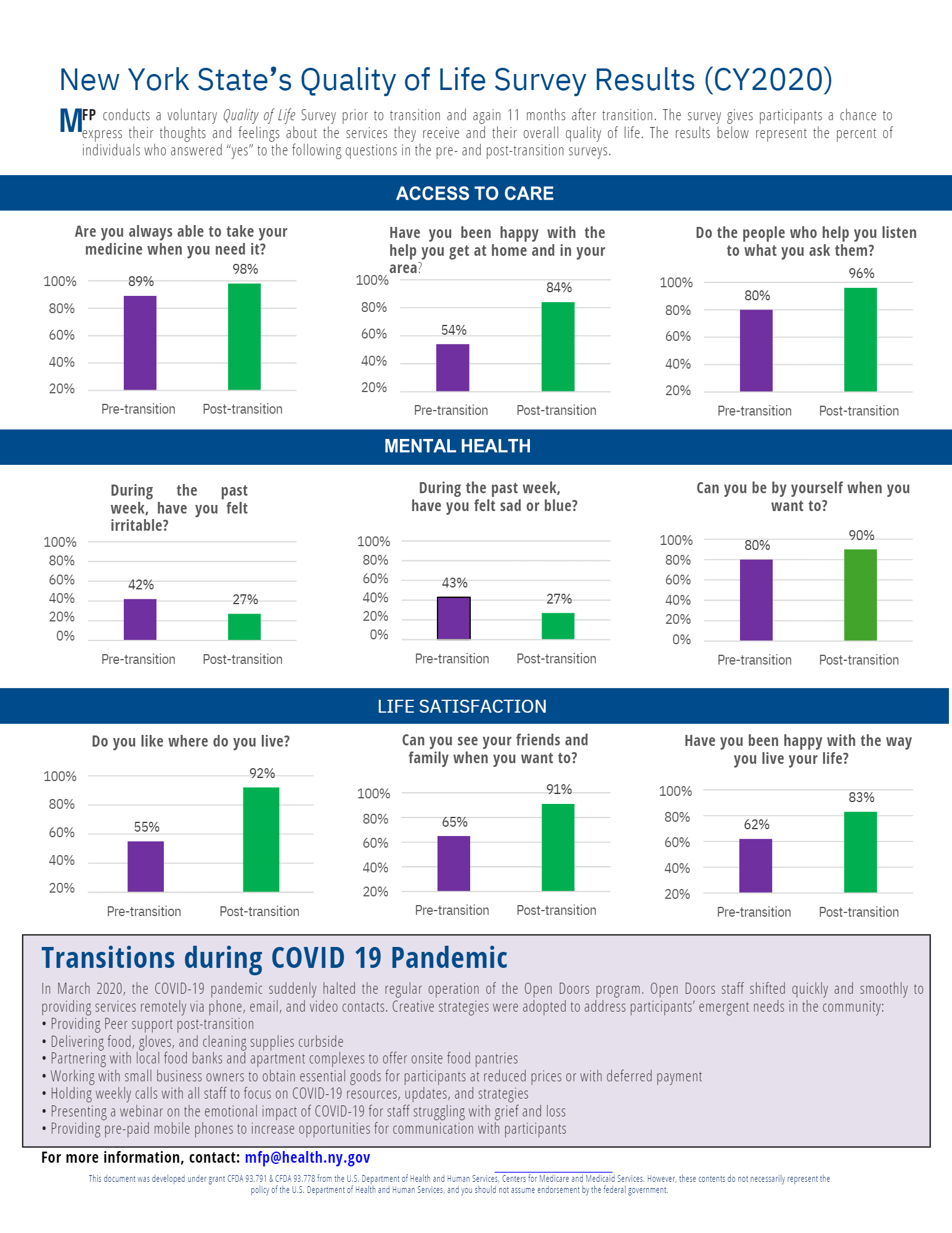Advocacy training for parents of children with disabilities and professionals
Contact Jessica Baumann, Director of Educational Advocacy Services and PTIC, jbaumann@putnamils.org or call 845-228-7457, 914-259-8036 (VP).
As a component of the ED Advocacy Program, The Parent Training and Information Center (PTIC) provides information & referral, technical assistance, workshops and trainings to parents, youth, school district personnel and other professionals who serve children (ages birth – 21) with disabilities in order to increase their confidence level and to develop their own advocacy skills to benefit their children and others in the community.
PTIC services are provided at no cost in seven counties (Putnam, Westchester, Dutchess, Orange, Rockland, Sullivan, Ulster).
PTIC services include:
- Technical assistance, information and referral via phone, email or in-person throughout the 7 counties, as well as referral to core community partners throughout NY State
- Answer questions regarding special education, Section 504, State regulations and IDEA
- Refer parents to community organizations
- Planning, organization and presenting workshops and trainings for parents, youth, school personnel and community agency staff members. For example: Understanding the CSE Process, NY State Rules & Regulations, Transition Planning, Diploma Options, Functional Behavior Assessments, Special Education 101, How to Access OPWDD, ACESS-VR, CBV
- Offering the Family Empowerment Series (formerly the Lay Advocacy Series) at least once annually. Attendees need to complete 32 hours of training and agree to help other families in their communities.
- Outreach and collaboration with community agencies, Special Ed PTAs and PTOs and school districts throughout the region.
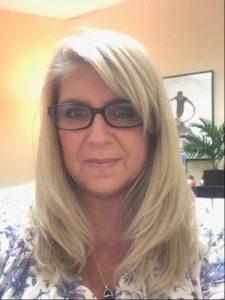 WILC’s free NY Connects information and referral line, 866-715-4700, is open for business in seven counties in the lower Hudson Valley: Westchester, Putnam, Dutchess, Rockland, Orange, Sullivan, and Ulster.
WILC’s free NY Connects information and referral line, 866-715-4700, is open for business in seven counties in the lower Hudson Valley: Westchester, Putnam, Dutchess, Rockland, Orange, Sullivan, and Ulster.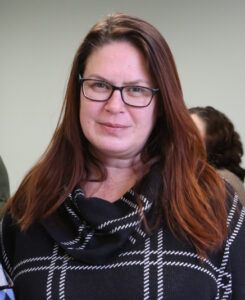
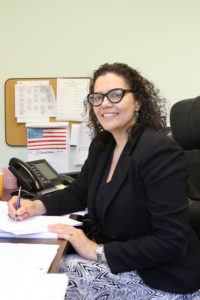

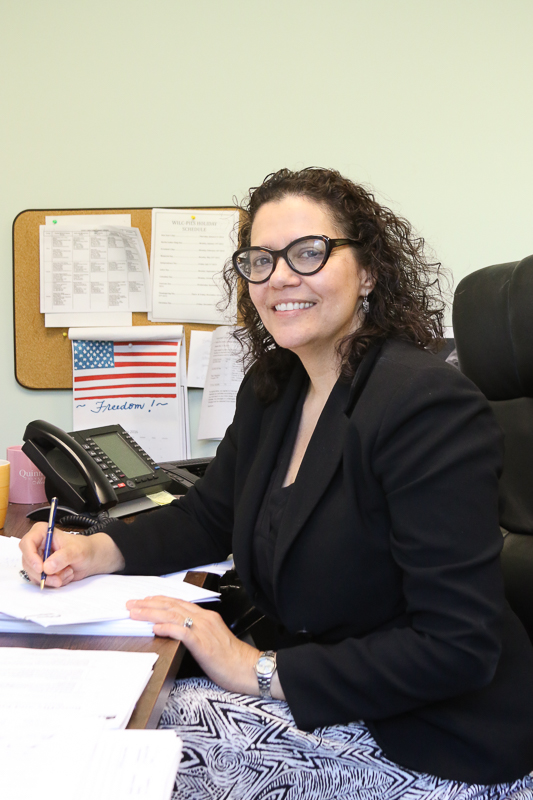
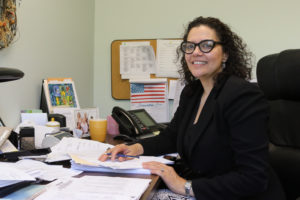
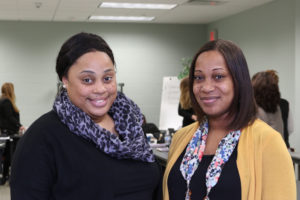
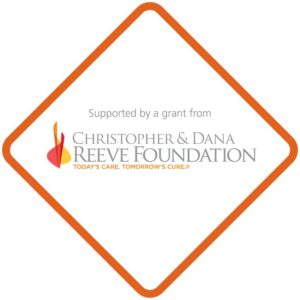 The Westchester Independent Living Center (WILC) has been awarded a Christopher & Dana Reeve Foundation 2013 Quality of Life grant in the amount of $6,000 in the Adaptive Sports category to support the New York Rollin’ KNICKS Basketball Team.
The Westchester Independent Living Center (WILC) has been awarded a Christopher & Dana Reeve Foundation 2013 Quality of Life grant in the amount of $6,000 in the Adaptive Sports category to support the New York Rollin’ KNICKS Basketball Team.